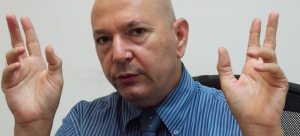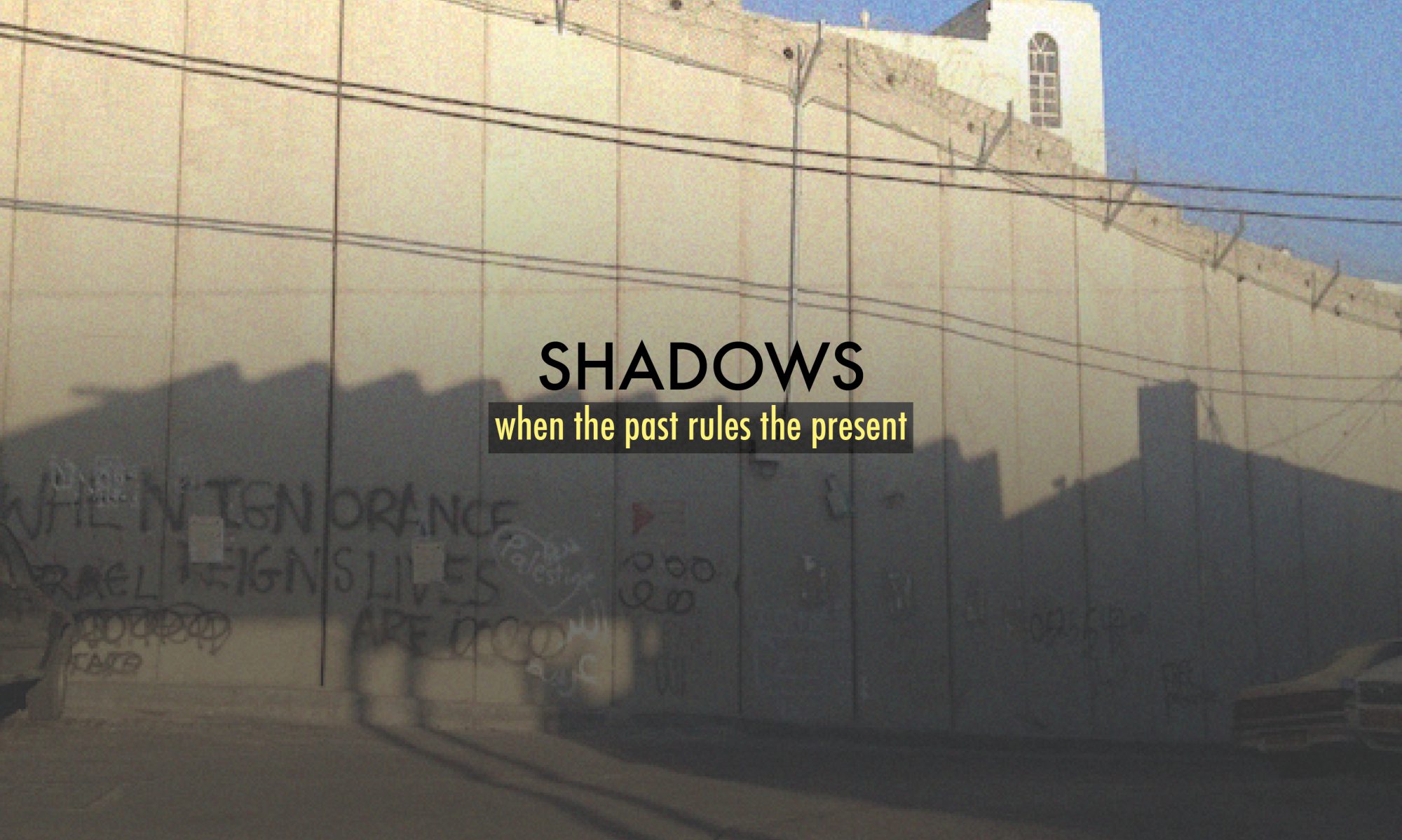Shadows – when the past rules the present
The essence of this important documentary is the vicious hold a nations’ and a person’s past can have on the present and more so on the future.
We who were brought up in the “Freudian”tradition of looking for the childhood trauma to explain our emotions, thoughts and actions cannot disengage from this Hollywoodian version of film making. We expect the “flashback” in any B movie about a serial killer to transport us to his childhood where extreme abuse created the future monster…
Anne Gyrithe Bonne offers a unique look at the relationship between the past and the future. The “Israeli-Palestinian” conflict and the Holocaust are the perfect stage to ask the question we call desperately need answering: “to what extent does our past rule our future?”
Appreciating the outreaching consequences of this documentary requires the audience to step beyond the immediate surroundings – Palestine and Israel are everywhere. This can be Africa, North Korea or the Trump administration. The movie can be about the recent French elections or the Japanese – Chinese territorial tension. Our past as human beings need not determine our future just because we are in the Middle-East…
YN Harari in his bestselling book “Homo Deus: a brief history of tomorrow” opens Thus:
“At the dawn of the third millennium, humanity wakes up, stretching its limbs and rubbing its eyes. Remnants of some awful nightmare are still drifting across its mind. There was something with barbed wire, and huge mushroom clouds. Oh well, it was just a bad dream…”
I wish “it was just a bad dream…” Anne Gyrithe Bonne’s documentary is a wake-up call to us, she knows the nightmares can alter our future and so do the 4 characters in the movie. This needs to be shown wherever young people are trying to create a brave new world and wherever old people are still trying to enforce the terrible past. As long as we live on earth the sunshine will be a blessing but also the creator of shadows. This movie teaches us about our humanity’s shadows.

Assoc. Prof. Yoram Barak, MD, MHA. Dept. Psychological Medicine, Dunedin School of Medicine, New Zealand.
